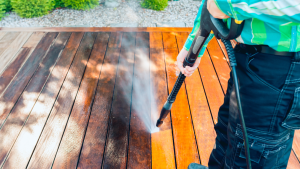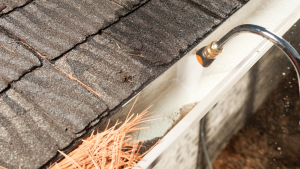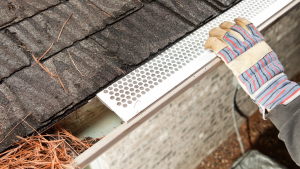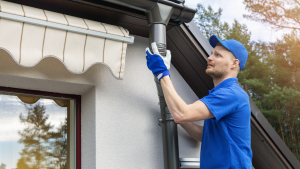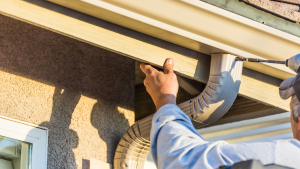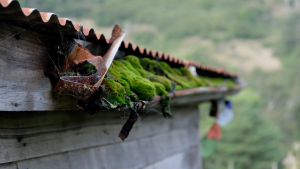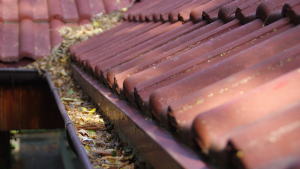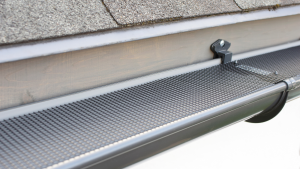The mosquito breeding season has begun in New Jersey as the summer months draw near. Every time you go outside, a swarm of hungry mosquitoes will probably approach you in search of their next meal. In addition to being a nuisance, they can be rather dangerous due to the diseases they frequently carry. Furthermore, their bites can be uncomfortable and unpleasant.
Anyone who frequents New Jersey knows that the mosquito issue only gets worse as the summer goes on. You don’t have to forgo spending the summer outside. You may enjoy a mosquito-free summer by taking a variety of steps to lessen the number of mosquitoes that might wind up breeding in your backyard.
MOSQUITO TYPES FOUND IN NEW JERSEY
Every year, the mosquito issue in New Jersey becomes worse and worse. The mosquito population can be managed with the help of householders and local authorities. Over 60 different mosquito species can be found in New Jersey, some of which are more bothersome than others. Aedes aegypti, the mosquito that causes yellow fever, and Aedes albopictus, the mosquito that causes Asian tiger fever, are two mosquitos that are thought to be the main carriers of severe diseases such as West Nile, Zika, and yellow fever. Here are some further details regarding these two as well as some of the prevalent species in New Jersey:
ASIAN TIGER MOSQUITO
The Asian tiger mosquito, which typically is active from midsummer to October, is the most biting mosquito in New Jersey. Due to its propensity to remain close to the area where it eggs, this mosquito is simple to eradicate through the removal of stagnant water.
YELLO-FEVER-CAUSING MOSQUITO
As a result of rising temperatures producing a breeding habitat, the Yellow Fever Mosquito population is expanding. Officials predict that it will become more prevalent as both the summers and winters in New Jersey are warm, despite the fact that the state’s winters are cold enough to destroy most mosquito eggs.
FLOOD WATER MOSQUITOES INDOORS
The indoor floodwater mosquito is capable of producing eggs that can remain latent in the ground for years. The eggs will hatch once the earth has received sufficient moisture to foster favorable circumstances.
CATTAIL MOSQUITOS
One kind of mosquito that adheres to cattails and other plants and does not require water to breathe is the cattail mosquito. The removal of excessive cattail growth is the main method for preventing the reproduction of these mosquitoes.
MOSQUITOES OF THE WHITE-FOOTED WOODS
The white-footed wood mosquito, which may produce several generations in a single year, is one of the more prevalent mosquito species. Additionally, it is one of the kinds that is more aggressive toward people and can bite them painfully.
HOW TO PREVENT MOSQUITOES IN NEW JERSEY FROM BREEDING
Mosquitoes represent a big threat to your health and can significantly restrict what individuals can accomplish outside. Mosquitoes can transmit dangerous infections that can be fatal or create lifelong issues. You should probably steer clear of them at all costs. The easiest method to safeguard oneself against invasive mosquitoes is to take the initiative and start with prevention.
As their eggs are laid in water and remain there for up to 10 days, mosquitoes need standing water to reproduce. The ideal setting for a mosquito egg to complete its life cycle is standing water. The main thing you should concentrate on while implementing preventive measures is lowering the quantity of standing water around your home.
1. Unclog Blocked Gutters
To stop leaves and other debris from backing up and generating standing water that cannot drain, clean your gutters at least twice a year. Roof gutter maintenance is commonly overlooked by many homeowners and renters. To help stop a mosquito breeding ground, homeowners should do it in the spring and the fall.
2. Maintain the flow of water features.
If you have a pool or pond in your backyard, you should ensure the water is always moving. Installing a feature like a fountain or a water agitator can aid in preventing mosquitoes from depositing eggs because their eggs can only live in stagnant water. If you have a pool cover, make sure it is secure and that it is not in a location where it can gather water.
3. Throw Away Garbage and Recycling
That Might Everything in the vicinity of your home that might gather rainwater ought to be regarded as a potential mosquito breeding site. After any downpour, objects like tires, empty containers, buckets, etc. should be either removed or disposed of.
4. Landscape Your Yard to Get Rid of Standing Water
Puddles can be avoided with landscaping, and mosquito breeding grounds can be eliminated with regular lawn mowing. Maintain your lawn as frequently as you can.
5. Frequently clean birdbaths and drain planters of excess water
If not used, birdbaths can rapidly get stagnant. Water should be changed frequently. To keep water from collecting, drainage holes ought to be present in every planter.
6. When not in use, keep small pools and wheelbarrows indoors.
Take your kiddie pool and wheelbarrow into the garage or shed if you aren’t currently using them to keep them from collecting rainwater.
7. Repair any leaky faucets and pipes.
Beyond providing a mosquito breeding ground with standing water, leaking pipes and faucets cause other issues. Every leaking pipe on your property needs to be checked frequently, and any problems should be fixed right away.
Your greatest efforts to keep mosquitoes in check and stop them from reproducing won’t always be successful. Although the aforementioned actions can greatly lower the mosquito population, they do not completely eradicate it.
It can be difficult to maintain efforts to remove standing water, which is why you should think about hiring a specialist to build a barrier around your property and reduce the likelihood that mosquitoes will discover standing water in the first place. Fuquay Varina Gutter Cleaning and Powerwashing is the specialist you need to assist you in keeping mosquitoes out of your house so you may take part in outdoor activities. Call us right away!


